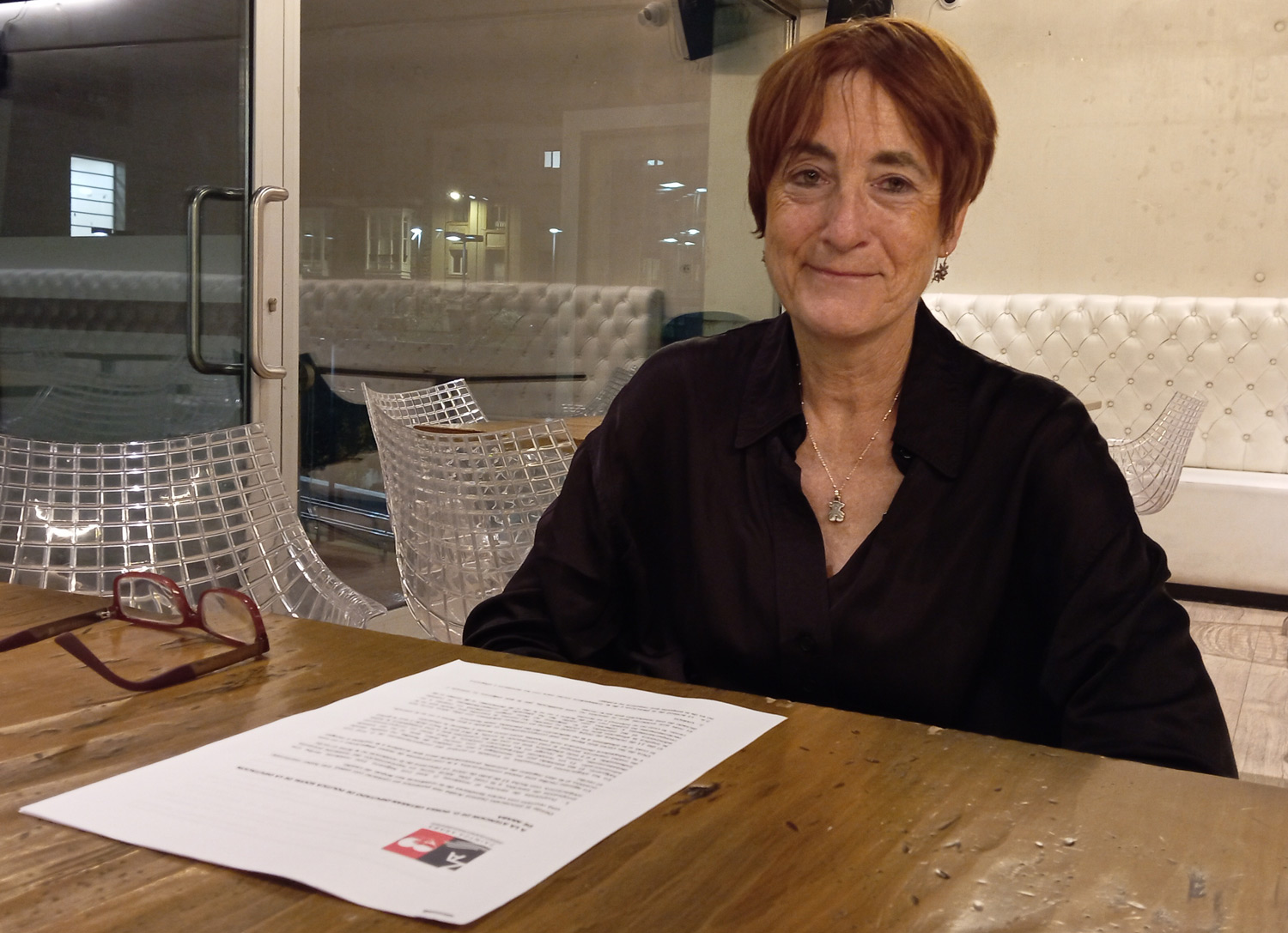Data contradictions in Osakidetza: waiting lists down, citizens’ complaints up?
- The Government has ensured that the waiting lists have been reduced to less than two months in the last quarter. The Ombudsman of the Basque Country, Manu Lezertua, highlighted another fact in his annual report on citizen complaints: Osakidetza’s complaints have increased by 70%, mainly related to long waiting lists.

Contradictory data on Osakidetza were provided by the Basque Government Health Department and the Basque Ombudsman on the same day. An example of the surreal situation of the health sector in Álava, Bizkaia and Gipuzkoa.
On Tuesday, the Ombudsman Manu Lezertua presented his annual report on citizen complaints and consultations to the Basque Parliament, highlighting that complaints about Osakidetza have increased by 70% compared to the previous year. In particular, 441 written complaints were processed in the Ombudsman’s office last year: “It is noticeable that there is a lot of anger and indignation among the population, because they suffer from the tension of the health care system and perceive that it is constantly getting worse,” explains Lezertua.
According to parliamentary data, 25% of Osakidetza’s complaints are due to long waiting lists for consultations in primary and specialized care, as well as delays in diagnostic tests. In this sense, Lezertua has observed that it is “urgent” to provide the necessary material and personal resources so that the right to health of the population is guaranteed.

Department of Health: Two-Month Waiting Lists
Immediately after the Ombudsman’s report, the Health Department of the Basque Government has advanced other data on waiting lists – in fact, it usually offers data on Osakidetza later. According to this, waiting lists are less than 60 days at the moment, both in consultations and in diagnostic tests.
In specialized care consultations, for example, the waiting period is 52.4 days, eighteen days less than a year earlier. For its part, the department headed by Alberto Martínez highlighted a 66% reduction in the number of patients who have to wait more than 180 days during surgical operations, from 435 to 153. On the other hand, the number of patients referred to other hospitals has decreased by 57% since July 2024.
According to the Health Department, the “shock plan” approved by the government in July is behind the improvement shown by these waiting list data
According to the Health Department, the “shock plan” approved by the government in July is behind the improvement shown by these waiting list data.
“Make-up” data, according to agents and unions
Public health actors and platforms have denounced that the figures that the Basque Government regularly disseminates about waiting lists are “make-up” and provide “prepared” data on average waiting times: “They hide the fact that in many health centers and specialties, waiting periods exceed 57 days and in some cases even double,” says the popular platform Salud Pública Adelante (OPA) in its manifesto.
Trade unions, opposition political parties and workers themselves have also denounced the Health Department’s use of certain “practices” to provide alternative data
Trade unions, opposition political parties and workers themselves have also denounced the Health Department’s use of certain “practices” to provide other data. In the newspaper Noticias, Mikel Elkoroberezibar has collected his words in a report published. One such praxis is the case of referrals: “With referrals, they fill in the data in the statistics,” says the health representative of the LAB, Maider Portoles. This is paid for by Osakidetza and is a way to provide funding to private clinics.”
These agents say that there is a lack of transparency with the data. Thus, the general secretary of the SATSE union, Amaia Mayor, explained in the same report that “they give us macro data, but we do not know when and with what criteria the decisions are made”.

The “Witch Wheel” of Privatization
In the report The Corporate Capture of Osakidetza, published a few days ago by the Basque Country platform Capitalismo Planto, it concludes that the problem is much deeper and that behind it there is a process of privatization of health. They say that with Osakidetza there is a certain “witch’s wheel” that involves divestment, waiting lists, precarization and the reduction of health rights.
Profit maximization is prioritized to the detriment of the quality of services and working conditions, which favors the “naturalization” of private health among the population
“Privatizing logics are the cornerstone of this model that is driving the stagnation of public investment,” the report concludes. In other words, the maximization of benefits is prioritized to the detriment of the quality of services and working conditions, which favors the “naturalization” of private health among the population. The platform believes that “reversing” this capture and preserving the public health system should be a priority.
Lantegia espazioa, Esperantza liburutegia, Arte Ederren Museoko eta Euskal Museoko lanak, Urdaibaiko Guggenheim proiektua... Ugari dira Bilbon eta Bizkaian kulturaren ikuspegi utilitarista eta pribatizazioa agerian uzten dituzten adibideak. Alde Zaharreko haur eta gazteentzako... [+]
Danimarkatik iritsi zaigu berria: 400 urtez estatuak eskainitako zerbitzua etengo du PostNord enpresa publikoak, eta eskutitzak banatzeari utziko dio 2025 urtea amaitzean. Gobernuak adierazi du enpresa publikoak negozioa paketeak banatzera bideratuko duela. Bi arrazoi eman ditu... [+]
Kritika artean abiatu dira Gasteizko Arana klinika zena Nazioarteko Babes Harrera Zentro bilakatzeko obrak. Ez auzokideak, ez errefuxiatuekin lan egiten duten gobernuz kanpoko erakundeak, ez PSEz bestelako alderdi politikoak ez daude ados proiektuarekin: makrozentroen ordez,... [+]
“Posta publikoa eta kalitatezkoa. Eskubideen aldeko Hitzarmen eta Akordio baten alde” aldarrikapenarekin, LAB, ESK eta ELA sindikatuek lan-baldintzak eta posta-zerbitzu publikoaren kalitatea defendatzeko mobilizazioa egin zuten atzo, hilak 12, Bilboko Eliptika Plazan.
Bilboko Udalak zerbitzu publikoak pribatizatzen jarraitzen duela salatu du Bilboko Liburuzainen kolektiboak, besteak beste, kulturari loturiko zerbitzuak. Horren harira, mahai-ingurua antolatu dute martxoaren 3an Bidebarrieta liburutegian, Kulturaren pribatizazioa izenburupean.













.jpeg)







